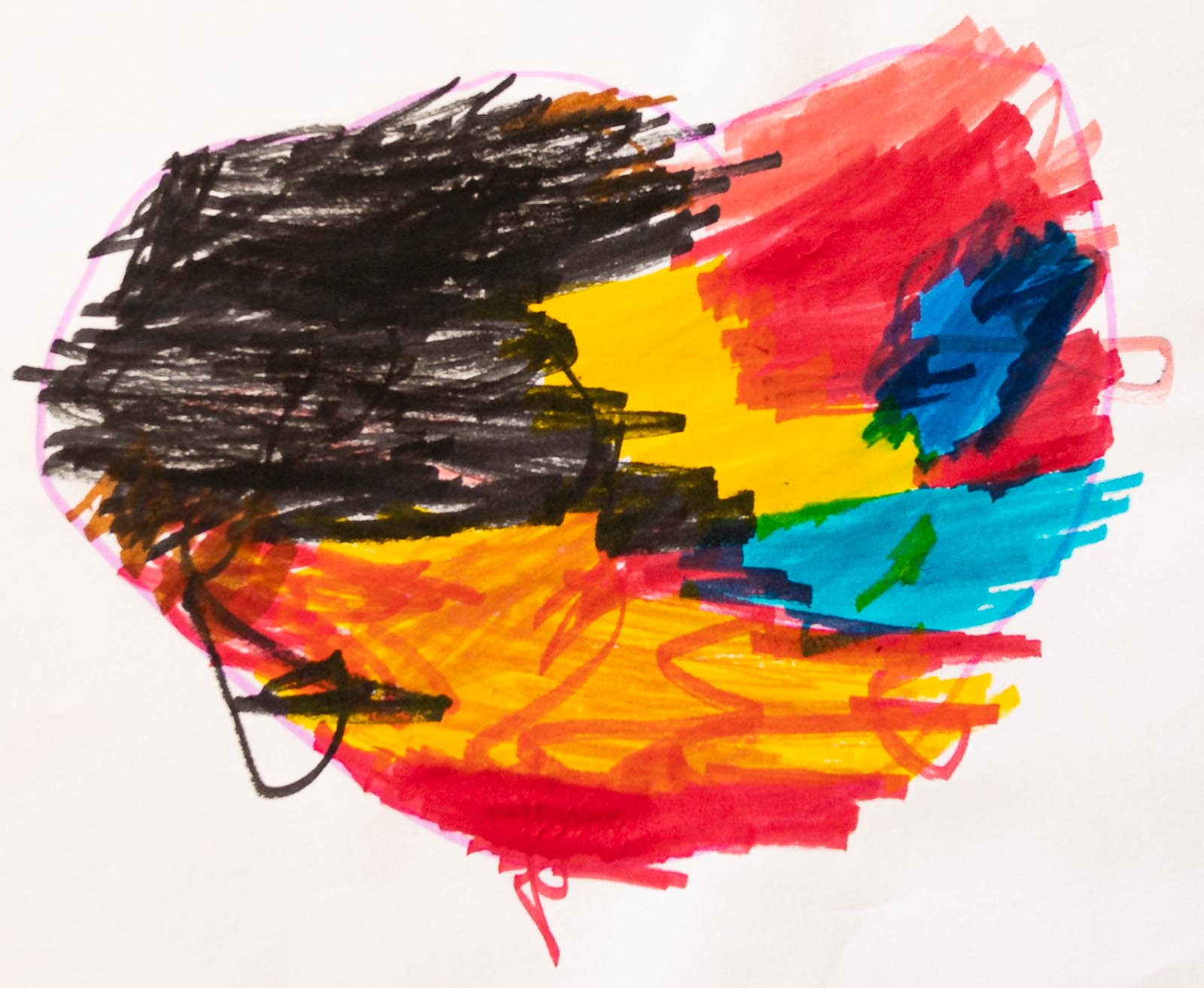
Although most organised sport starts in the primary school years, children may be enrolled in physical activity classes during early childhood. Their family may belong to a sporting club or follow sport on television.
Some childcare centres offer regular sports programs to teach gross-motor skills like ball handling and coordination.
NQS and EYLF learning outcomes
The National Quality Standard (NQS) requires childcare services to promote physical activity that is appropriate for each child (2.1.3). The Early Years Learning Framework (EYLF) asks children to take increasing responsibility for their own health and physical wellbeing (3.2). Community sport can help children develop a sense of belonging to groups (2.1).
Learning experiences
Children interested in sport can:
- role play being an athlete.
- learn skills associated with their favourite sport, or teach other children skills they have learned already
- watch matches or special moments associated with their favourite sport on television or YouTube
- share experiences with children who follow the same team or sport
- mix paint colours associated with a team and then paint a flag or banner
- choreograph a cheer for their team and video their performance
- give a show-and-tell talk, including showing uniforms, sporting equipment or merchandise they have at home
- draw a picture of themselves participating in their sport
- discuss fairness, persistence and working as a team to achieve a common goal.
Events
6th April is International Day of Sport for Development and Peace
